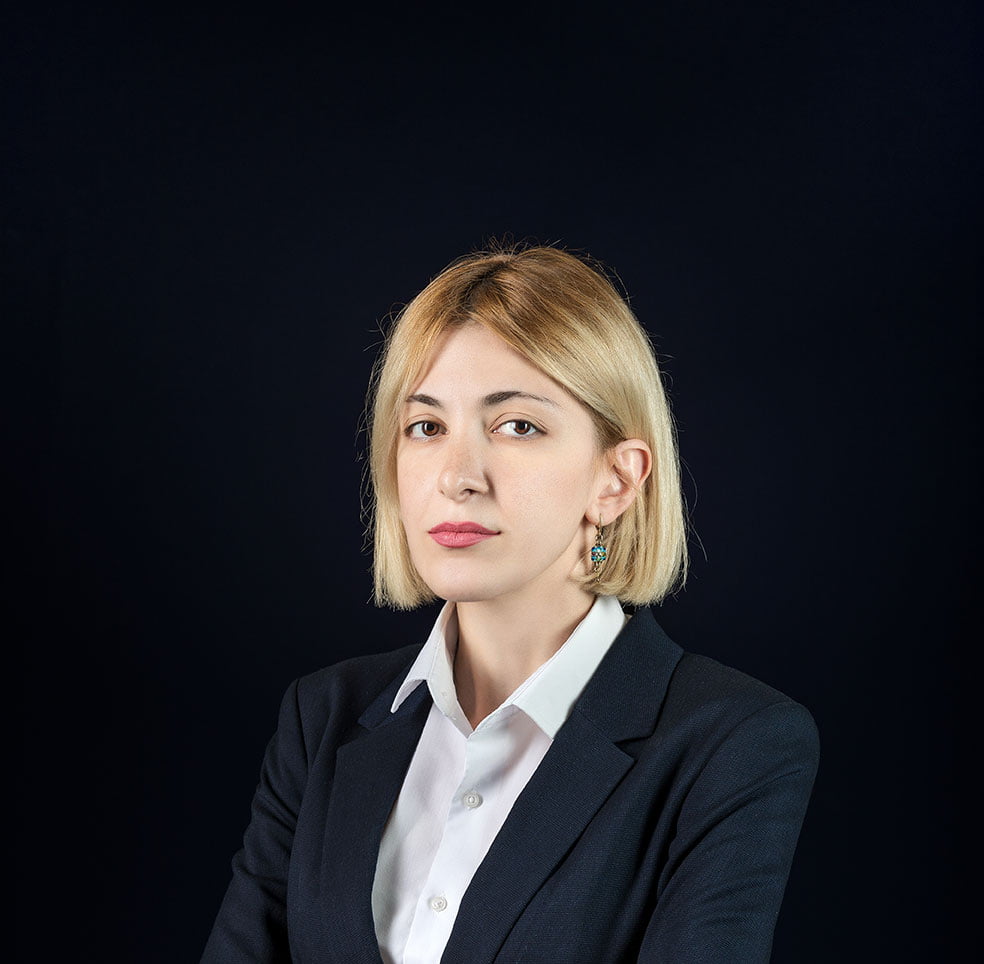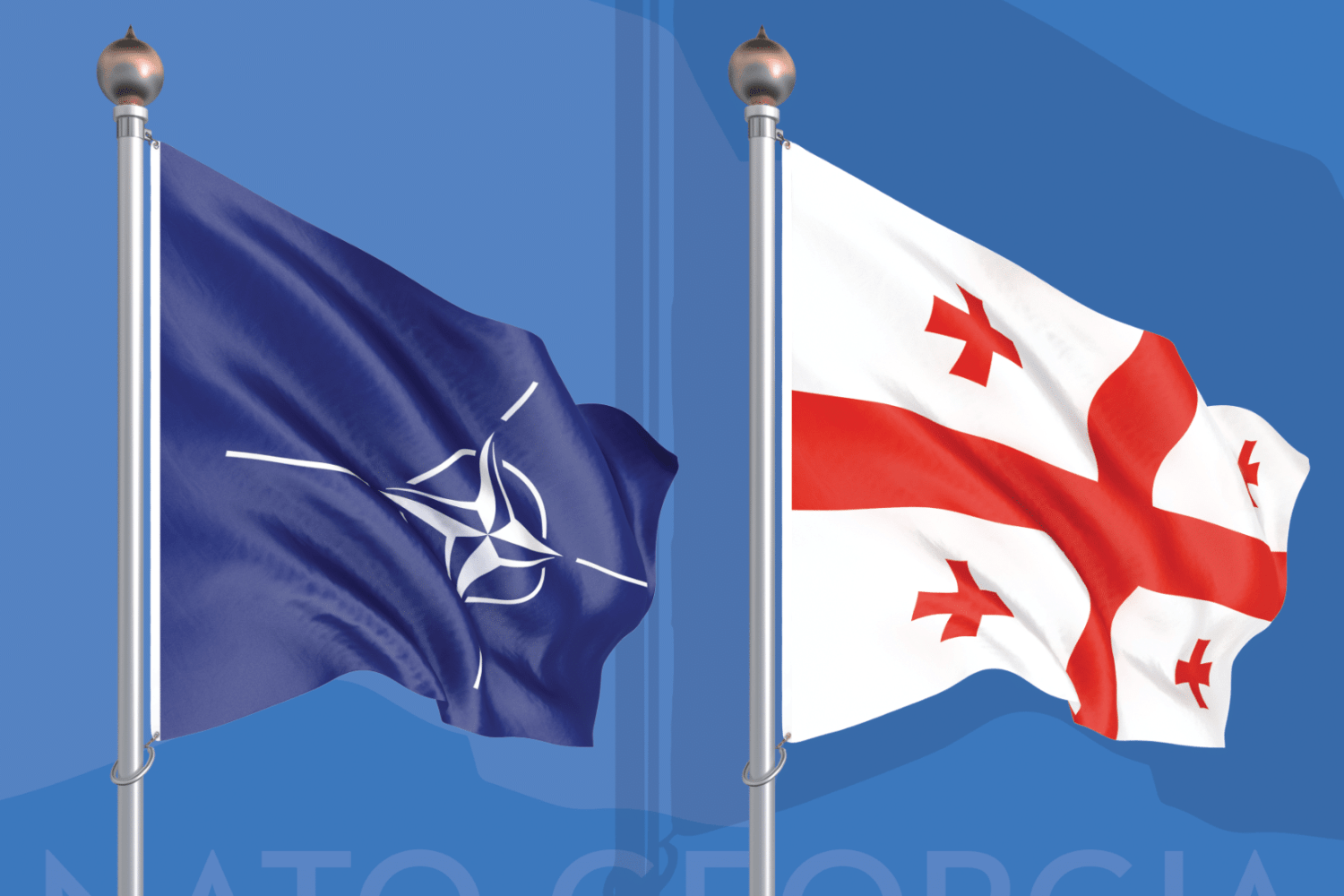2024-03-06 15:00:57
The policy paper examines the current state and future prospects of the NATO-Georgia partnership in the context of evolving geopolitical dynamics, particularly following the full-scale Russian invasion of Ukraine in 2022. The relationship has been marked by mutual restraint and strategic ambiguity since the 2008 NATO summit, with pragmatic partnership confined to practical cooperation areas. This policy paper emphasizes the central role of strengthening Georgia’s democracy and societal resilience on its path towards NATO integration. To enhance its partnership with the alliance while waiting for a window of opportunity for more substantive membership prospects, Georgia is well-advised to take the Nordic path: strengthen its democracy, societal resilience and establish functional deterrence by implementing comprehensive security sector reform. The paper concludes that Georgia’s path to NATO integration hinges on its ability to present a compelling case for membership through robust democratic governance, transparency of the defense and security sector, as well as societal and civil-military resilience. In doing so, Georgia can compensate for the geopolitical challenges that make future Georgian NATO membership an unattractive prospect for many NATO allies – such as the existence of occupied territories, Russia’s geopolitical assertiveness and geographic distance from core NATO members. Developing a robust democracy with an effective military deterrent and resilient society could transform Georgia’s image from one of an indefensible, security-consumer state into one of an invaluable member and potential security-provider to the alliance.
Key words: NATO, Georgia, Democracy, Resilience, Black Sea Security






